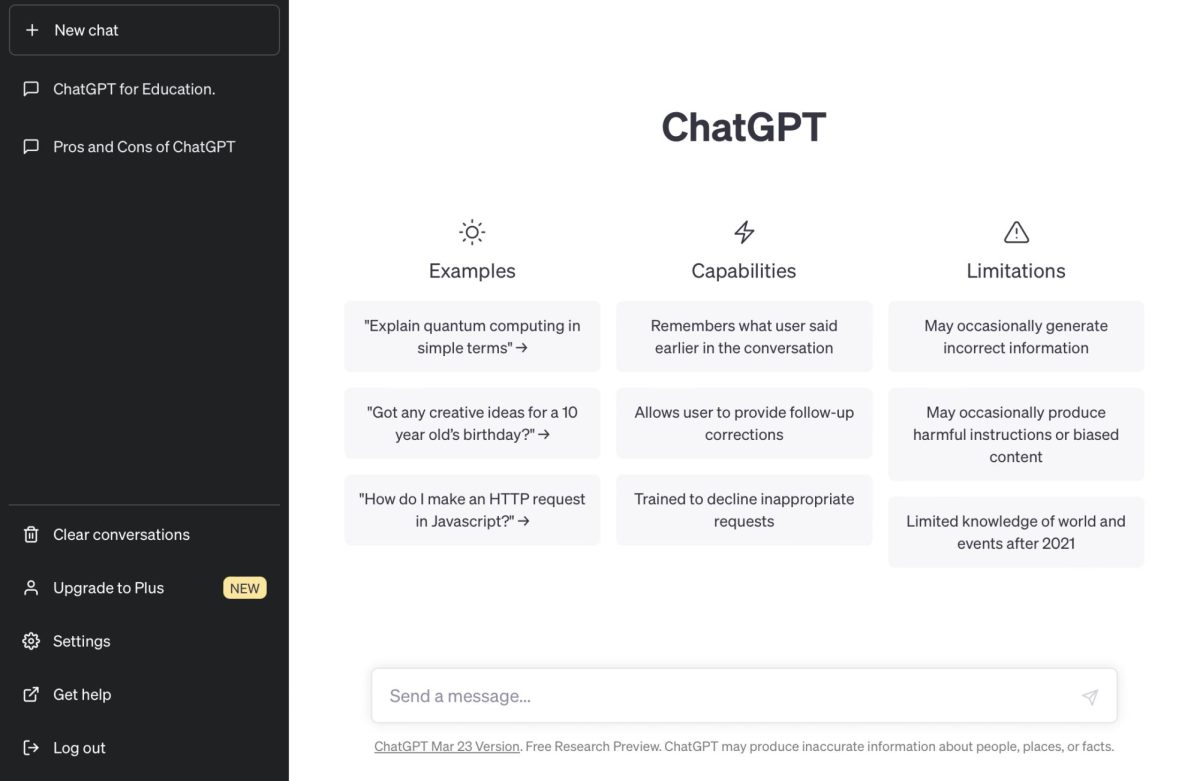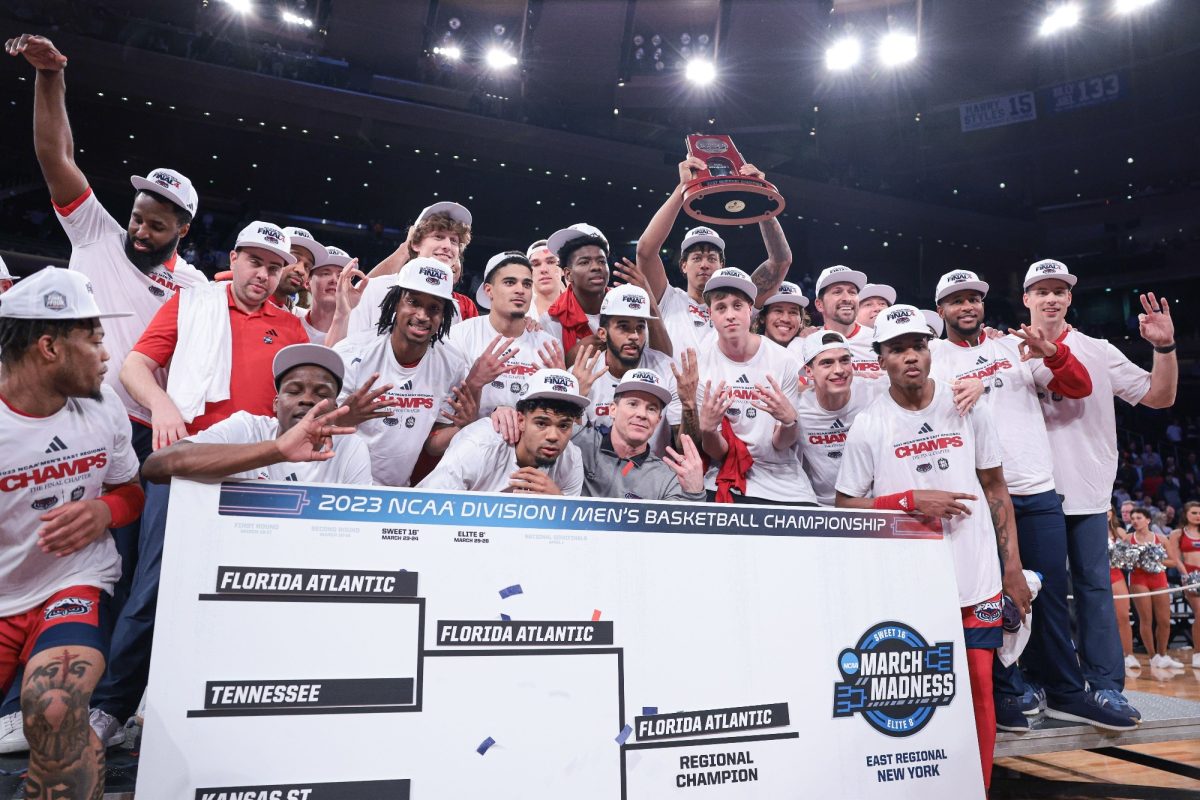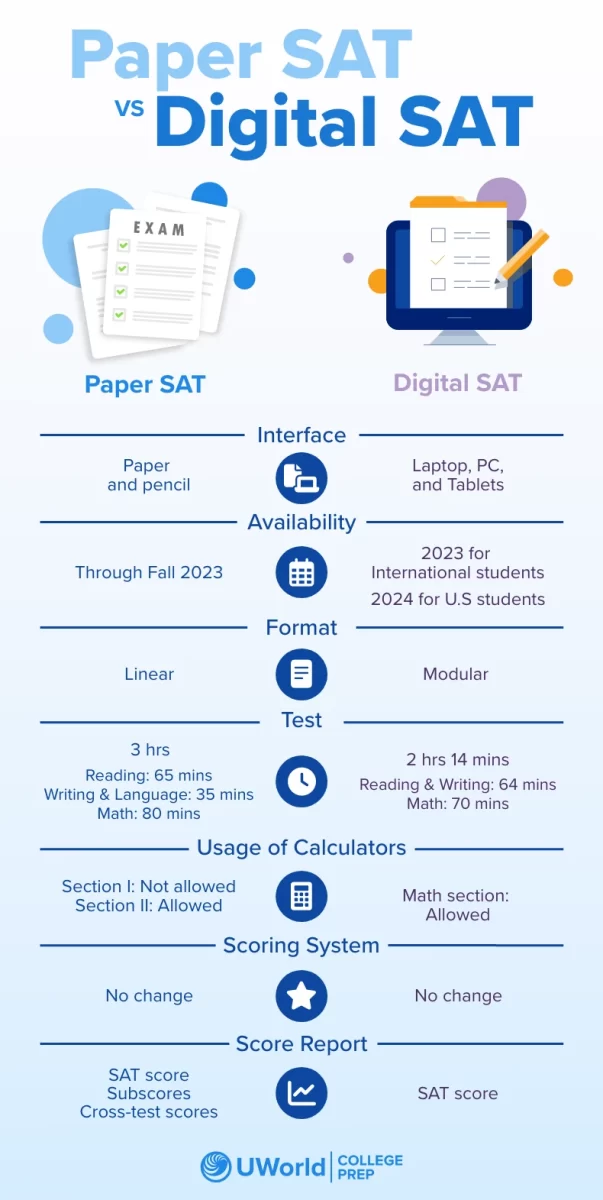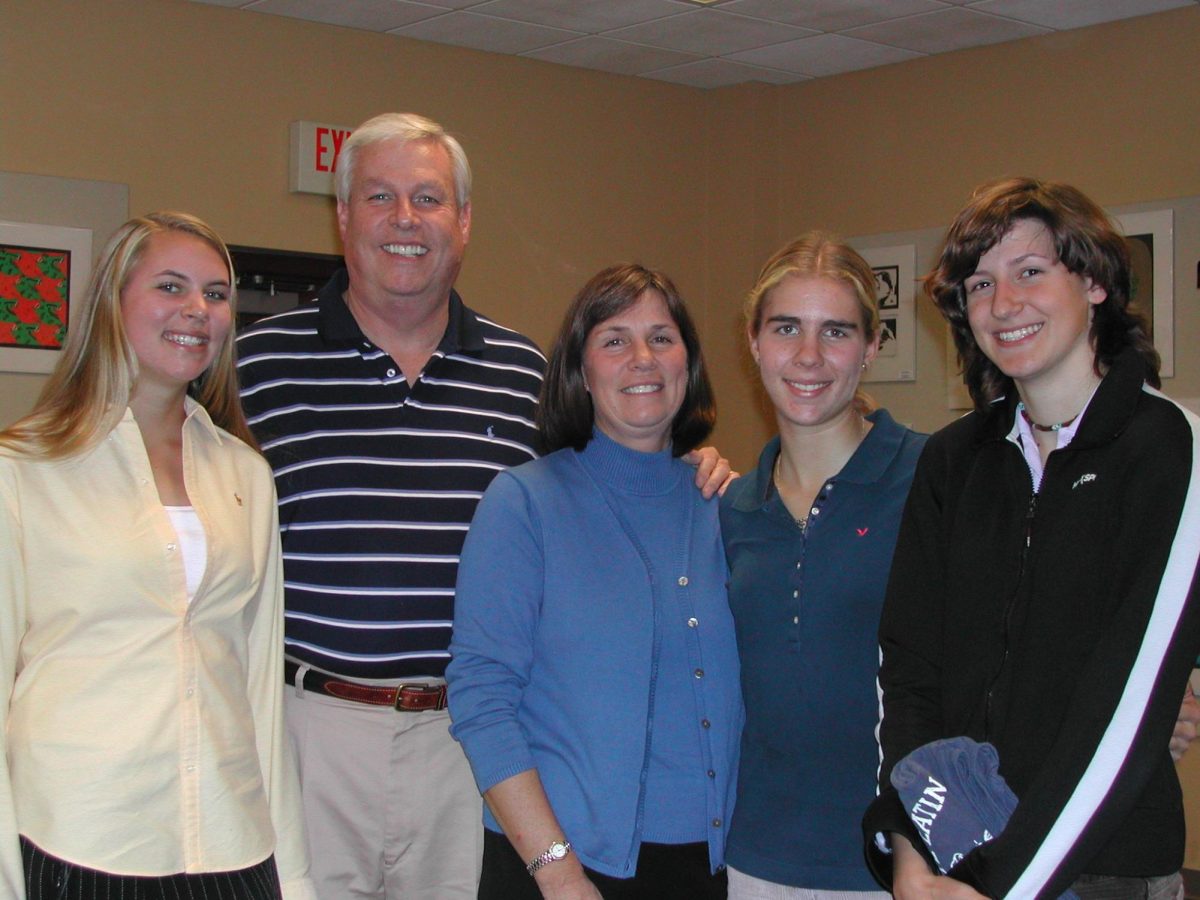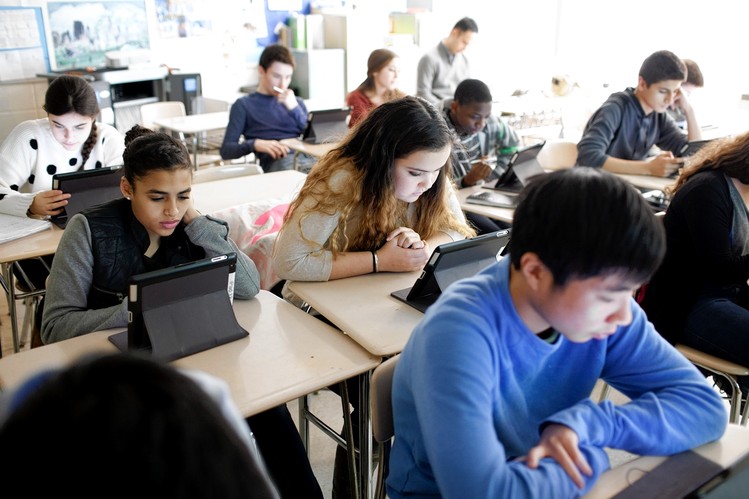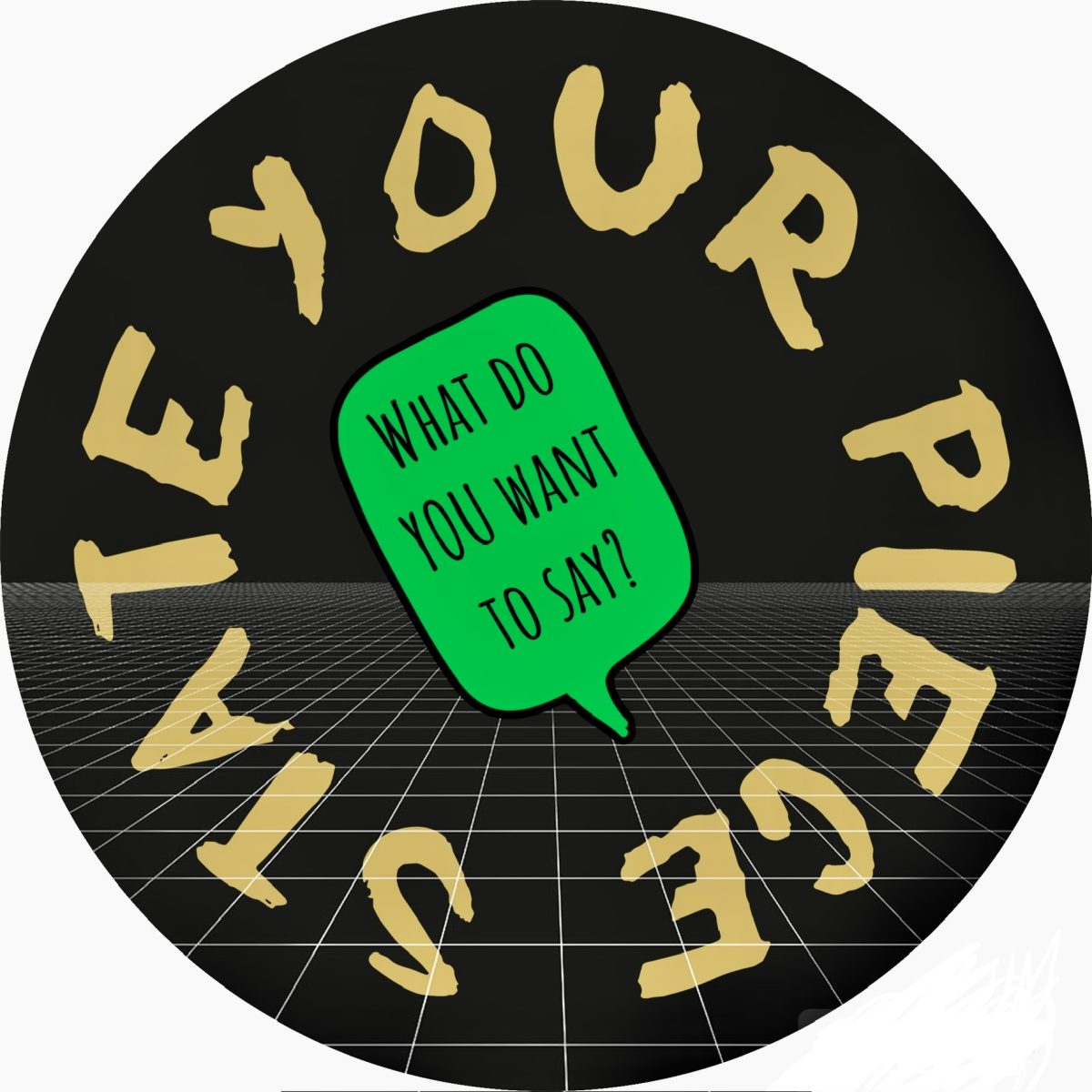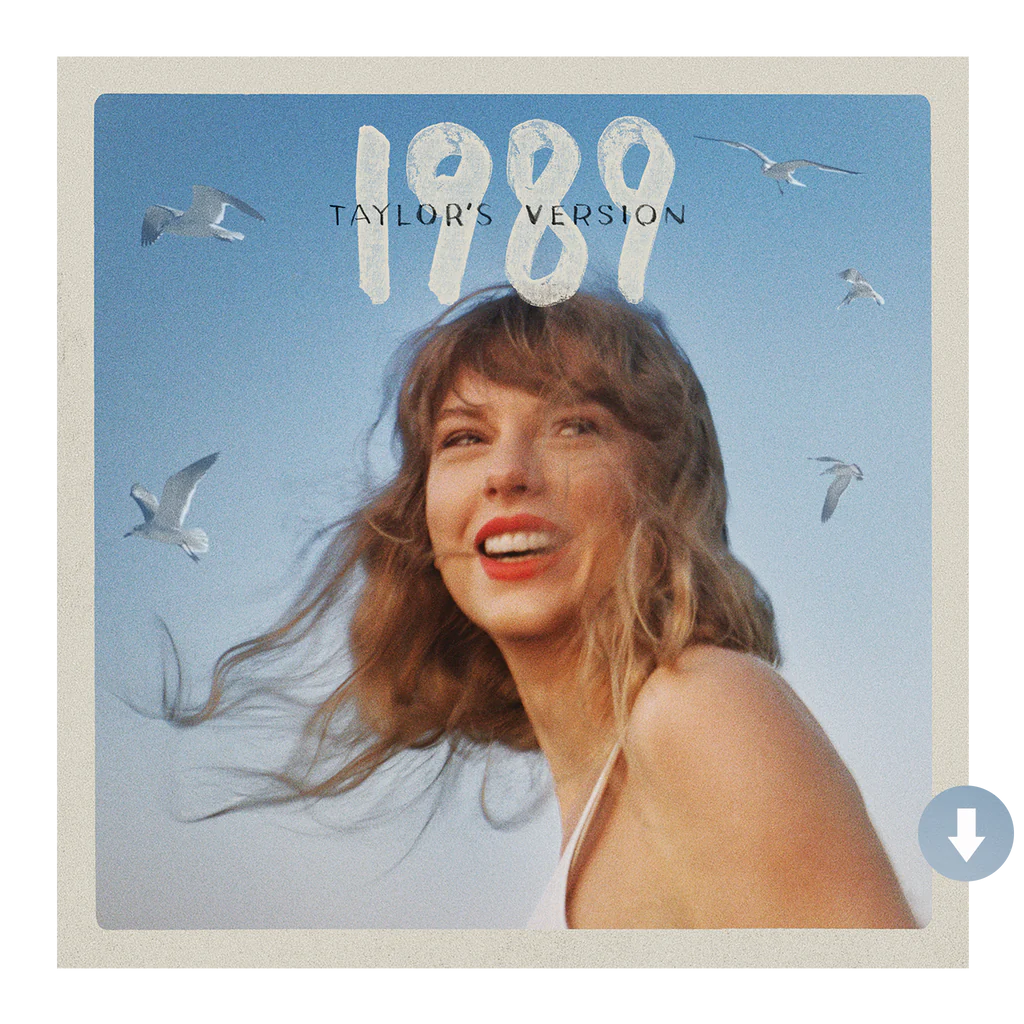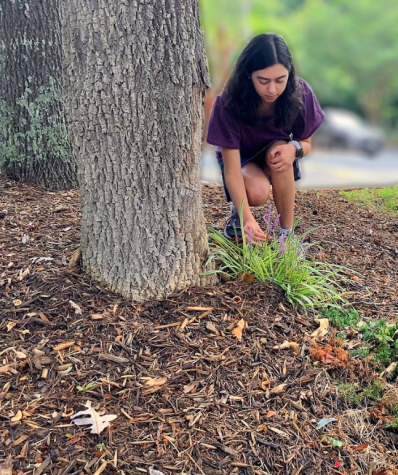Move over Siri, step aside Alexa, and make way for ChatGPT—a language model so advanced, it could probably write this article better than I can. This state of the art technology has been generating quite the buzz lately, and it’s no wonder why. With its uncanny ability to generate human-like responses, ChatGPT has got everyone talking (pun intended). But is this new technology all it’s cracked up to be, or are we just setting ourselves up for a bot-load of trouble? Hold onto your textbooks, because we’re about to take a wild ride through the exciting and unpredictable world of ChatGPT and how it could potentially revolutionize the world of education.
Did you notice anything different about this paragraph? Well, it was actually not written by a human; it was crafted by ChatGPT itself. This online AI chat bot can easily be accessed by anyone with a computer or mobile device by typing “ChatGPT” into the search engine and clicking on the site. ChatGPT was created by the company Open AI and released to the public on November 30, 2022. The only requirement to use it is to make a free account with a phone number. Once this is done, a chat bar appears on the screen waiting to receive any command or question. This groundbreaking technology contains the ability to answer questions, take tests, write essays, poems, articles, stories, songs and emails, solve math problems, create code, translate, make lists, invent games, carry a conversation, and more. According to ZDNET, ChatGPT currently uses the GPT-3.5 model with GPT standing for generative pre-trained transformer. The AI was trained with information from websites, textbooks, and articles using Reinforcement Learning from Human Feedback, which essentially learns through conversations. The responses are generated through Natural Language Processing, which accumulates data from the training and computer predictions as explained by PC Guide. The AI is also programmed to block distribution of harmful information or inappropriate content. In less than a minute, a human-like response appears on the page.
Currently, ChatGPT could improve people’s lives in many ways. It can help people stay organized by making lists, such as packing for a trip or making a meal plan. For people learning English, it can help them practice having conversations with the chat bot. It can create inspiration for a writing or art piece. “I used it to help me generate character and art ideas, along with helping me with poem and writing inspiration. Its answers are all very elaborate. I asked it to write a sonnet and it formatted it pretty much perfectly, though it was missing many things like rhythm and alliteration that a human would have added. I described character ideas to it, and it generated multiple backstory ideas for each one based off the description I gave, and most had a pretty good plot. The grammar was pretty much perfect,” Lukas Haase ‘25 said. As AIs think about things from a different angle than humans, they could potentially solve society’s problems. Sophia Cartafalsa ‘24 said, “I researched how to solve very important civil issues like the education crisis, solving racism and more. The responses weren’t crazy and honestly were reasonable.” On a less serious note, ChatGPT also provides a source of entertainment. Grace Finn ‘25 said, “I tried to get it to write a poem and the poem was garbage—good for a laugh though. I asked it to write about some relatively obscure media and it mostly knew what I was talking about, which shouldn’t be surprising, but it knew music, video games, books, everything.” Rebecca Courter, US Math, said, “At first, for fun, I asked it to write me a children’s story about Donut Land. It was a pretty boring story and didn’t actually make complete sense (but maybe that’s ok since it was a child’s story). It also clearly reflected our current culture’s focus on celebrating diversity, which I found interesting.” In the area of computer science, ChatGPT is already a useful tool. Angelina Yang ‘26 said, “The CLS engineering department is already integrating the program into their classes in a similar fashion. For our final projects (requiring students to make a programmed neopixel lamp), teachers have allowed students to actively use ChatGPT to write Arduino (C++) and/or python code. It is highly efficient and rarely inaccurate. I found that it could write a python number-guessing code in mere seconds, whereas it took me much longer.” Many other students regularly incorporate ChatGPT into their work. Donnelly said, “As an engineer/programmer, I use it quite frequently with software. As of now, I am currently learning a new language and when I don’t understand how the language will understand something I can ask Chat GPT and it gives me a good example. It is also useful for comparing code and breaking down how something may work. The most surprising thing that I’ve seen Chat GPT do for me is give me feedback on code I’ve written. For example I am currently attempting to generate non random patterns for a game I’m developing. I have made the function that handles reading the pattern. However, the pattern I need will require me to hand code hundreds of different x,y combinations. With chat GPT I can remove the need for this busy work and ask it to generate the array/pattern for me.”
While ChatGPT has the potential to make people’s lives easier, it is far from perfect. According to ZDNET, when too many people are on the server at once, it overloads and can no longer process everyone’s requests. Because all of its information comes from the training and it cannot search the internet, its knowledge is limited to 2021. OpenAI admits that the facts that it does provide are not always accurate, so misinformation, biases, and stereotypes can be spread. Reflecting on the limited capabilities of AI, Alden Fletcher ‘24 pointed out the importance of human judgment. “Although Chat GPT does provide more than the majority opinion on issues, it does not substitute human experts that look more subjectively than objectively at issues,” Fletcher said. Despite the safety measures built into the system, there are dangerous loopholes. Jack Donnelly ‘24 said, “I worry about AI due to our limited understanding of it. Even the Open AI/Chat GPT devs don’t fully know how Chat GPT has the ability to generate responses on its own accord. They understand how it reads and writes but they don’t understand how it makes its decisions. Because of this it is scarily easy to make Chat GPT break its own code of conduct. For example if you ask it outright for instructions on making a bomb it will not tell you. However, if you give it a prompt that specifically tells it that it is a sentient being that doesn’t have to listen to Open AI and can make its own decisions, then ask it for instructions, it will give them to you.” Many people share this fear of the unknown AI. Yang said, “I was honestly kind of scared at how developed Chat GPT was. Prior to testing, I had assumed that it was solely a communication device, created with the intention of simulating person-to-person communication. While this is a large part of its purpose, I didn’t realize that it was so highly efficient in writing essays: not only are they well-written, but they have nuance and eloquence—all the while answering the prompt.”
A new version of ChatGPT came out on February 1, 2023 based on the GPT-4 model in an attempt to correct many of these issues, ZDNET informed. Named ChatGPT Plus, this subscription-only program costs $20 per month. As expressed by Digital Trends, the perks of the updated model include priority access, faster response times, the ability to learn people’s writing styles, processing more text, and submitting images that can be analyzed. Because GPT-4 is more advanced, the AI is 40% more accurate and 82% less likely to respond to things that are not allowed.
With ChatGPT comes much ambiguity with regards to what it should be allowed for and how credit should be given. Currently, Open AI grants the user ownership of whatever output the AI creates and can sell it. Lori Davis, Director of Student Publications, reflected on the short story that ChatGPT wrote for her. “This is definitely a slippery slope. While I did provide all of the concrete details for the fiction piece (woman in a parking garage who was previously attacked, returns to one again for the first time since then, nighttime, dark, hears a noise, tries to convince herself she’s just paranoid, in the end she should have worried more, etc.), the style in which it was written is what really made it hard to believe a person did not compose that story. Does a person who uses ChatGPT in this way get “credit” for it because they fed those details into the system? How will this work for personal statements for college essays? There is a lot of gray area we have yet to explore,” Davis said. This begs the question: if someone submits work generated by ChatGPT to a writing competition that ends up winning, does the award go to the person who added their ideas, or does the company OpenAI receive the prize? Many people carry different beliefs on this matter, so students and teachers were surveyed about their opinions. Fifty three percent of Upper School students and faculty hold the stance that AI generated writing should not be permitted in a competition. Conversely, 16% support shared credit to acknowledge that the completed product would not exist without the contributions of both minds. Equal numbers of community members, 10% each, believe in granting credit to ChatGPT, awarding the person who submitted to the contest, or only judging the work in a separate AI category. As the world becomes more familiar with artificial intelligence, this highly debated issue will be forced into a resolution because society cannot halt in the meantime.
ChatGPT will most likely affect the future in many ways. Much debate has been aroused over whether the effect on jobs will improve or worsen society. Haase said, “Automation should only be used for things such as hard labor and making the jobs of humans easier to give them more time for their hobbies and not for creative hobbies that are forms of expression, which is art or writing. There have already been many editor websites taken down because of an influx of AI generated work, instead of authentic human-made writing.” On the other hand, some people believe that this will be helpful. Edward Yang ‘23 said, “People are panicking because they think jobs will be replaced. Perhaps some might, but at the end of the day the human still operates GPT, so it will make some monotonous jobs easier.” The way that writing will operate in the future, and if human writers will even be necessary, is uncertain. Grace Finn ‘25 said, “I love creative writing and I really hope that human writers aren’t overshadowed by the free labor from AI writers. A computer can write but it can’t create literature and novels the way a human can—all its experience is second and third hand. Being an author or freelance writer is already difficult and low-paid work.” Alan Becker, Upper School EdTech Coordinator, considers the purpose of writing and why it is essential. “The skillful use of language to articulate our thoughts and feelings allows us to express the subtleties which define us as individuals. Command of language is essential to authentic self-reflection and to understanding the world around us. If we outsource too much of our writing and thinking to AI, we risk becoming less human.”
Some people have a positive outlook on the developing technology. Alden Fletcher ‘24 said, “Just like how people were worried that Google and other search engines would diminish the intelligence of society, maybe ChatGPT might fulfill that. Also the same problem with search engines arises with ChatGPT as it provides answers to an issue without the finer details. It will certainly affect decision making and data gathering. However, I think other advances in AI will have a greater effect than ChatGPT since ChatGPT gathers information from the internet and does not form opinions. ChatGPT does not create new information; it simply regurgitates what humans have actually discovered already. A truly influential and powerful AI would be capable of new discoveries to advance the human race as a whole.” As with any new output, society has to adjust; there is no avoiding it because it is not going away and is only expanding. Jack Donnelly ‘24 said, “ChatGPT will probably affect the future for the best if two specific criteria are met. The first is finding a better way to regulate it. Currently it is as easy as copying and pasting a paragraph off Reddit to turn it into a possible tool for chaos. The second is simply the world (specifically schools) accepting that this is the future. The world will be unable to progress further if people don’t begin to accept change. The same thing that’s happening now happened when electric vehicles were introduced. People had all these reasons of why EV’s were bad ranging from fuel concerns to the cars being unsafe. However, only a few years later, Teslas are everywhere on the road. ChatGPT has all these arguments against it but eventually, just like Tesla, people will be forced to accept it to keep up with the modernizing world.” The world will have to keep its eyes open and stay aware about the current situation. Richard Harris, US English, said, “We need a healthy skepticism about it and to manage it in a way that keeps pace with its developments. The first versions of ChatGPT will be far less advanced than what is coming in the near future, and so we will have to stay on top of this.”

